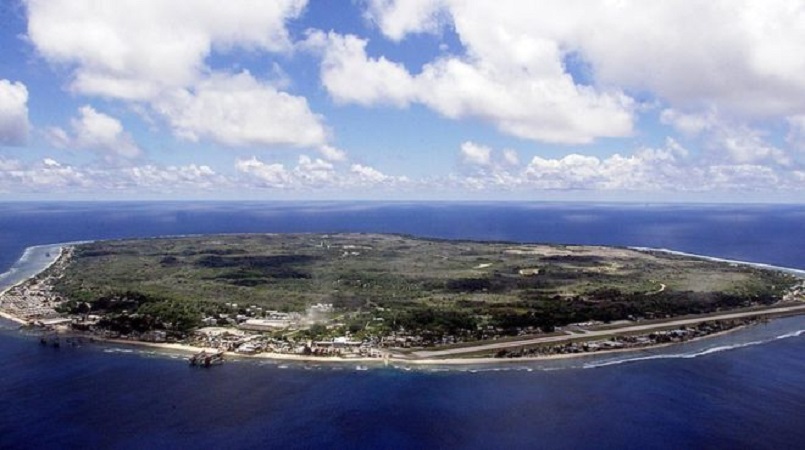
Thirty-five local civil society leaders are meeting in Nauru this week, to learn about social accountability and how the community can have more genuine input and oversight into Nauru’s services, governance and accountability.
Supported by the United Nations Pacific Regional Anti-Corruption (UN-PRAC) Project, the four- day Social Accountability Workshop is spearheaded by the Nauru Island Association of Non-Government Organisations (NIANGO) with other local NGOs including the Nauru Persons with Disability Organisation (NPDO), Emedena Emwi (Right Road), women’s CSO, youth organisations and Nauru’s Community Liaison Officers.
In opening the workshop, NIANGO Co-ordinator Julie Olsson said there was huge scope in Nauru for civil society and the community to be more involved in how decisions are made and services delivered.
“While there is very little knowledge of social accountability in Nauru’s CSOs, as a result of this workshop, we aim to establish a Nauru CSO Network on Social Accountability,” said Ms Olsson.
UN-PRAC is supporting four major social accountability projects across the Pacific this year, including Nauru, Kiribati, Fiji and Tonga, as well as working with the Nauru Parliament and community on development of a Leadership Code.
“Civil society and individual community members have a key role in preventing and fighting corruption by becoming more active in social accountability activities,” said Ms Annika Wythes, UN Office on Drugs and Crime (UNODC) Regional Anti-Corruption Adviser for UN-PRAC Project.
“In preparing community and civil society groups to engage, UN-PRAC and NIANGO in Nauru aim to assist by raising the awareness of citizens, building confidence and capacity for engagement, building networks and coalitions,” said Ms. Wythes.
The Deputy Secretary of the Nauru Government’s Department of Justice and Border Control, Ms Barina Waqa, told the workshop, “The planned Leadership Code is a good example with the Government now looking at ways to reach the private sector and ensure that these anti-corruption standards are also applied outside the public sector. The Department of Justice is also developing a general Code of Conduct for all Board of Directors of companies owned by the Republic.”
The broad objective of the United Nations Development Programme (UNDP) in social accountability initiatives is to foster the involvement of CSOs and grassroots organizations, to promote greater transparency and accountability of national and local governments, as well as the private sector to deliver quality services to citizens.
The Australian Government is supporting the UN-PRAC Project, a four-year USD$4.3m project in the 15 Pacific nations being implemented by UNODC and UNDP.
